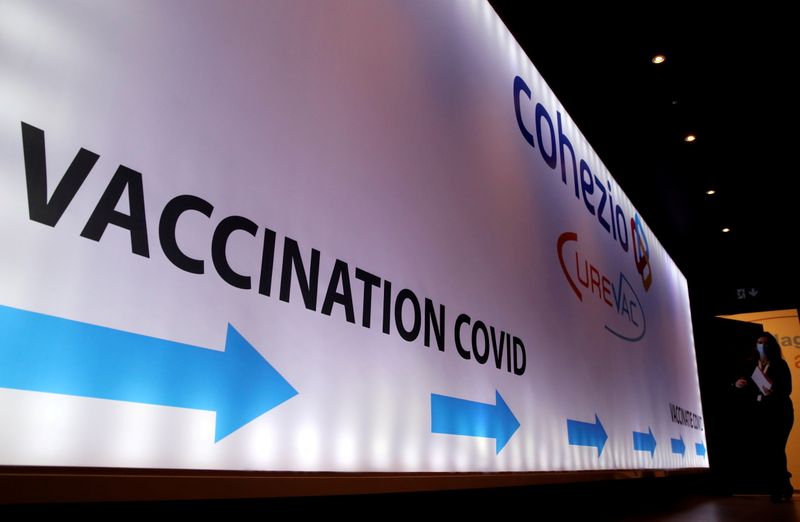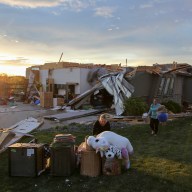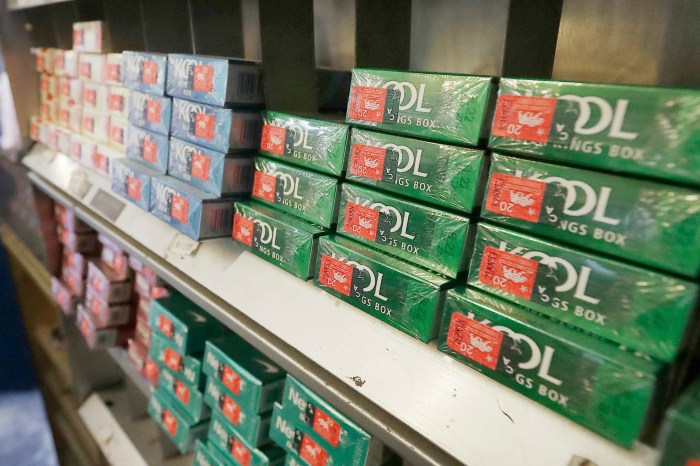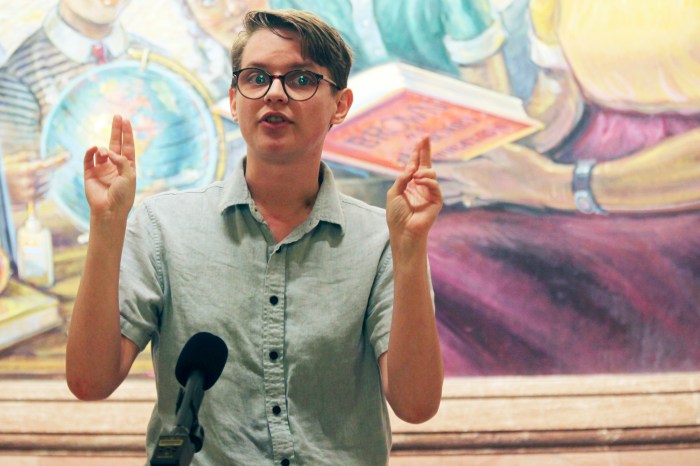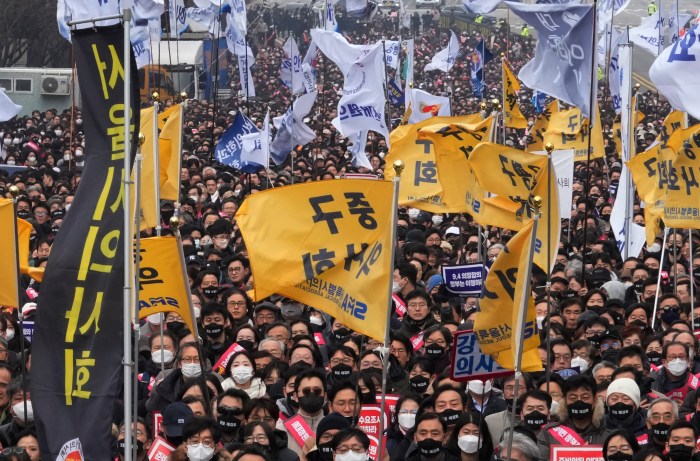BERLIN (Reuters) – German contract drug manufacturer Rentschler Biopharma is in final preparations to start commercial production of CureVac’s COVID-19 vaccine, its chief executive said, despite uncertainty over whether the shot will gain European Union approval.
Based in Laupheim in southern Germany, Rentschler has built a dedicated production suite for CureVac’s vaccine with a team of 45 dedicated employees and is still planning to deliver more than 100 million doses per year.
“It looks like CureVac wants us to proceed,” CEO Frank Mathias told Reuters in an interview, adding there were weekly steering meetings between the two companies to fine-tune the start of the production process.
CureVac said last month its COVID-19 vaccine was 48% effective in the final analysis of a pivotal mass trial, casting doubt over its future use.
The European Medicines Agency (EMA) is still yet to approve the shot. CureVac previously said that the regulatory hurdle was 50% efficacy in principle, but that various other considerations could come into play.
In a worst-case scenario, it would take between three to six months to retool the production suite to make other products.
But Mathias was confident the production process could be easily adapted to make CureVac’s “second-generation” COVID-19 vaccine, which it is developing together with GlaxoSmithKline and has shown promise in a monkey trial.
“I expect the production process to be very similar. It would require new mRNA code, plus the need to get the process approved by regulatory authorities,” he said.
Rentschler also purifies and concentrates the drug substance for the COVID-19 shot jointly marketed by Pfizer and BioNTech. It has processed 100 batches of mRNA over the last 11 months, equivalent to 700 million doses of vaccine.
The company believes it will be involved in mRNA production for the foreseeable future as the technology is also being developed to treat cancer, although the quantities needed may be smaller.
Around 20% of its production is taken up with mRNA while the remainder is focused on highly complex medicines and their components.
(Reporting by Caroline Copley; Editing by Douglas Busvine and Jan Harvey)

